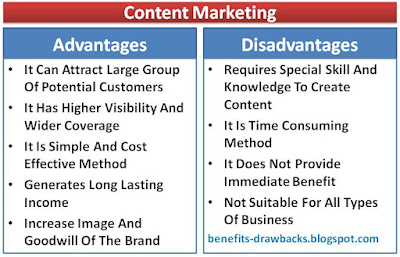What Is Trade Credit ?
Trade credit is a business practice where seller or supplier allows the buyer to purchase goods on credit without making immediate payment. It is a short term agreement (generally 15 to 90 days) and buyer should pay the bill amount before the due date. It is beneficial to new business firms and small traders for short term financing.
Benefits Or Advantages Of Trade Credit
The main advantages of trade trade credit can be highlighted as follows:
Benefits Of Trade Credit To The Suppliers/Sellers
1. It Helps To Increase Sales
Trade credit encourages clients to buy more products and services because it does not require immediate payment. So, it helps the sellers to increase sales volume which leads to increase in the earnings of the business.
2. Better Customer Relation
Trade credit builds trust between the sellers and buyers which improves customer relation and loyalty. Better customer relation helps to increase repeated customers.
3. Attracts New Customers
Better of better customer relation and trust, it improves the image of the business. Good public image helps to attract more potential customers.
4. Competitive Advantages
Sellers who provide trade credit facility to their clients can increase their sales and gain more customers which helps them to compete with rivals in the market.
Benefits Of Trade Credit To The Buyers/Clients
1. Cost Effective And Convenient Source Of Financing
Trade credit may be the most cost effective and easy source of financing to start a new business because it reduces the capital requirement. It is very useful for those who cannot raise enough fund to commence business.
2. Better Cash Flow
It improves the cash flow and helps to maintain liquidity in the business. So, daily business activities can be performed smoothly without facing any financial problem.
3. Incentives And Discounts
Sellers offer incentives for early payment ro encourage their clients. Buyers also can enjoy the benefit of bulk buying.
Drawbacks Or Disadvantages Of Trade Credit
The major disadvantages of trade credit can be highlighted as follows:
Drawbacks Of Trade Credit To The Sellers/Suppliers
1. Problem On Cashflow
The main disadvantage of trade credit to the seller is that it may negatively affect the cashflow and create liquidity problem. Suppliers may have to face difficulty to pay outstanding bills.
2. Monitoring Problem
It takes paper work, extra time and effort to maintain and monitor outstanding account receivable .
3. Risk Of Bad Debt
Another drawback of trade credit is that there exists a high chance of bad debt. If buyers fail to make payment, it negatively impact business. In this situation, sellers have to suffer from huge financial loss.
Drawbacks Of Trade Credit To The Clients/Buyers
1. Difficult To Obtain
Although trade credit is convenient source of financing, it is very hard for new businesses because they do not have past record. So, suppliers may hesitate to provide this facility to the new clients.
2. High Penalties And Interest
If buyers cannot make payment on time, then suppliers may charge penalties and interest on debt. It becomes difficult for the clients to repay debt with interest.
3. May Affect The Image
It client fails to make payment by given deadline, then it negatively affect the credit rating that may hamper the image and goodwill of the buyer/client.
Pros (To The Supplier)
- It boosts sales and earnings
- It promotes customer relations and loyalty
- It helps to widen the market
- It improves the goodwill and image of the firm.
Pros (To The Buyer)
- It is convenience source of short term financing
- It helps small businesses to main better cash flow
Cons (To The Supplier)
- Because of credit sales, supplier may face liquidity problem
- It may increase the bad debt because of default payment
- It requires extra time and work to maintain credit records
Cons (To The Buyer)
- In case of late payment, suppliers may charge higher rate of interest and penalties
- It is very difficult to obtain this facility for new business firms


























